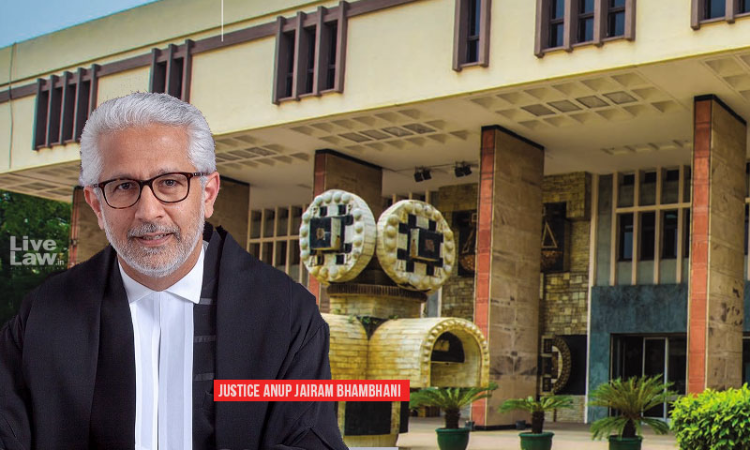Lady Justice Is Blindfolded Only To Be Non-Partisan, Not To Be Blind To Mischief Or Fraud Played Out By Dishonest Litigants: Delhi High Court
Nupur Thapliyal
4 July 2022 3:30 PM IST

Court not a casino for litigant to place a bet masquerading as a legal claim.
Next Story


